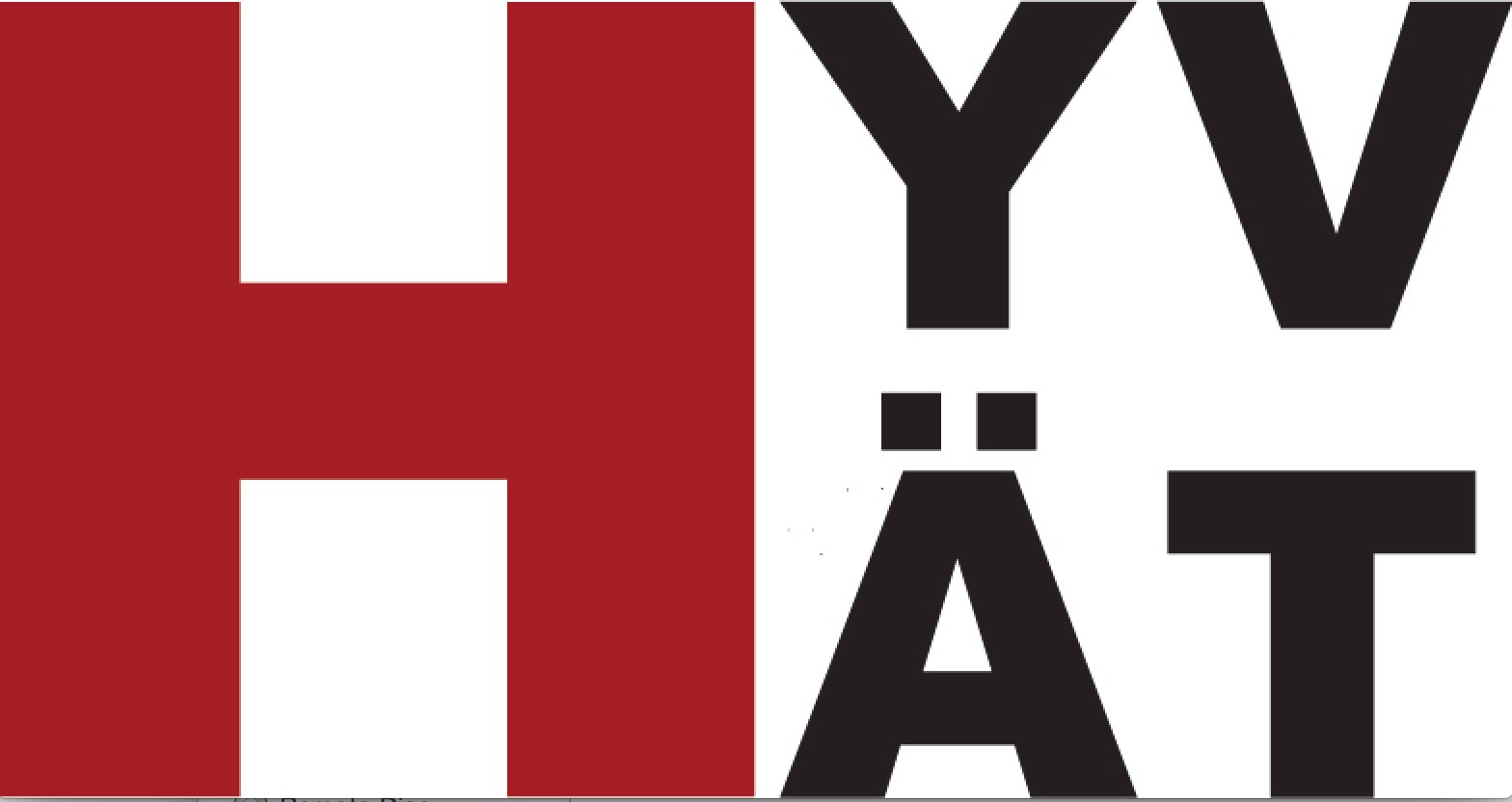Vilja Alanko (Faculty of Theology) and Janne Salminen (Faculty of Arts) have served as doctoral candidate representatives in the board for the Doctoral programme in Gender, Culture, and Society (SKY) for the two-year term of 2018–2019. Both are now leaving their positions and are willing to part some insights.
Read more about the PhD representative elections for term 2020-2021 here. Last day to apply is on Monday October 14th.
This is a first post in the Elections 2019 series, see the following texts on the category page.
1. How do you see the role of doctoral candidate representatives?
Janne: I think we play a vital role in keeping the decision making in doctoral programmes transparent. I also believe it is important for representatives to exercise their right to vote when the board makes decisions, as those decisions have a direct impact on how the program is developed.
Vilja: It is significant that PhD student representatives are members of these boards and in that way take part in the decision making. It happens sometimes that professors don’t always bear in mind how different the university life looks for the PhD students and how diverse the PhD student body is, so it is important to voice these perspectives. For me, it has been important to take part in the more general discussions as well to which we have been invited to discuss matters that affect PhD students in all programmes, such as the changes in the thesis examination process.
2. What was the most unexpected or challenging aspect of the position?
Janne: Learning to think of yourself as an equal to the other board members. The SKY board at least had several professors from different fields, and going against their opinions seemed, at times, a bit daunting. Everybody did make us feel like our input was valuable, but you are still aware that these are people with years of experience. You also are in a prime position to witness how the university works and play your part in it.
Vilja: My experience from previous positions of trust had prepared me to take active part in the discussions, and I think that the rather informal meeting culture of the board also made us feel welcome to share our views. Personally, the most challenging aspect has been finding ways to reach out for the fellow-PhD students and to build connections within the student body. Another thing is the always topical issue of time management: one could always do more, which means that one must make their own choices on which additional hearings or workshops to attend.
3. Did you find your time as a representative useful?
Vilja: Definitely, it has been very useful. I have learned much about the university and administrative processes. It has been great to learn to know people, and to gain a sense of doctoral education beyond one’s own programme or the faculty where one is based at.
Janne: As a crash course into university politics, yes. The experience was useful to me, but as for how much good I did for other PhD students, I cannot say. At this level, the students work in so many different fields that it is hard to get a sense of community, how our students are doing, or even who the students are. Also, being a representative is probably the best way to get an understanding of what type of research will be done in your field in the future.
4. Tips for future doctoral candidate representatives?
Vilja: You are in a position of power – don’t shy away from it. It is good to know your rights and responsibilities on which HYVÄT also gave a very good workshop when we started. Make your voice matter. Follow discussions, attend, be heard. HYVÄT does great job bringing student reps together, so be part of that.
Janne: Ask dumb questions. They’re usually the most important ones.

One Reply to “Serving as a PhD representative in a Doctoral Programme”
Comments are closed.